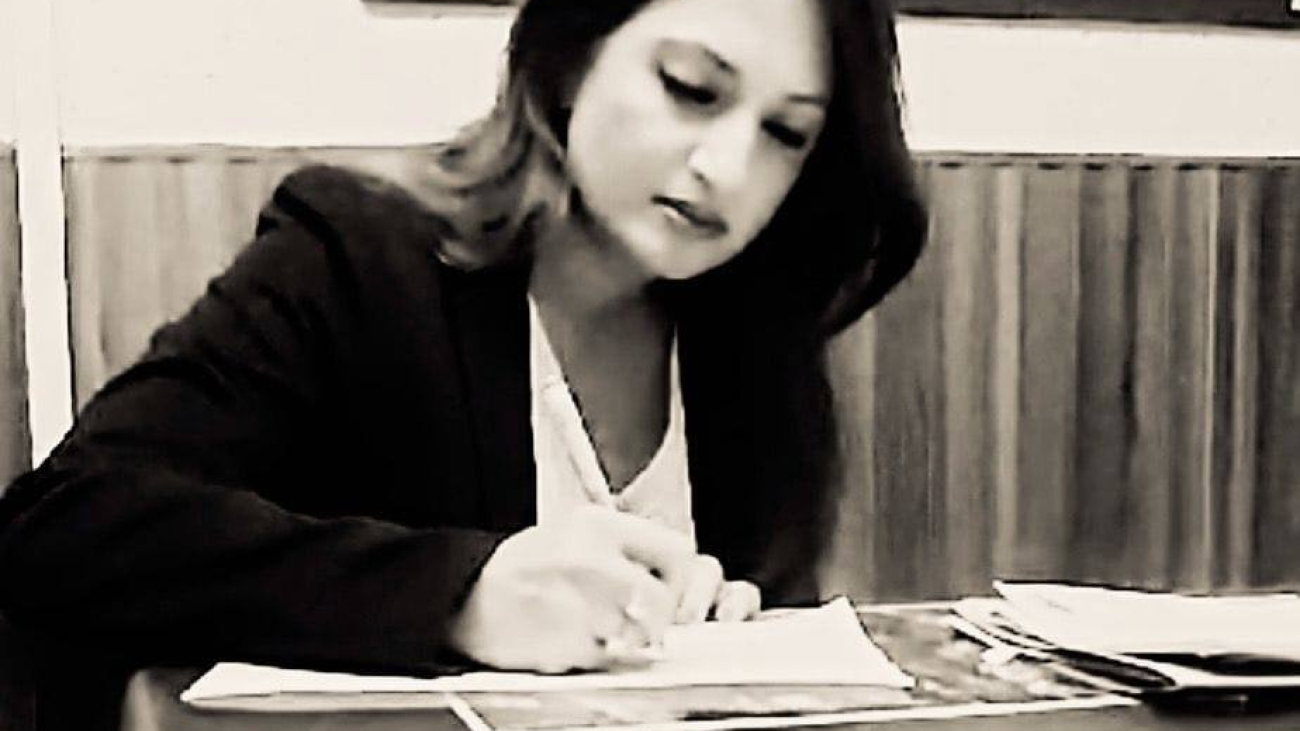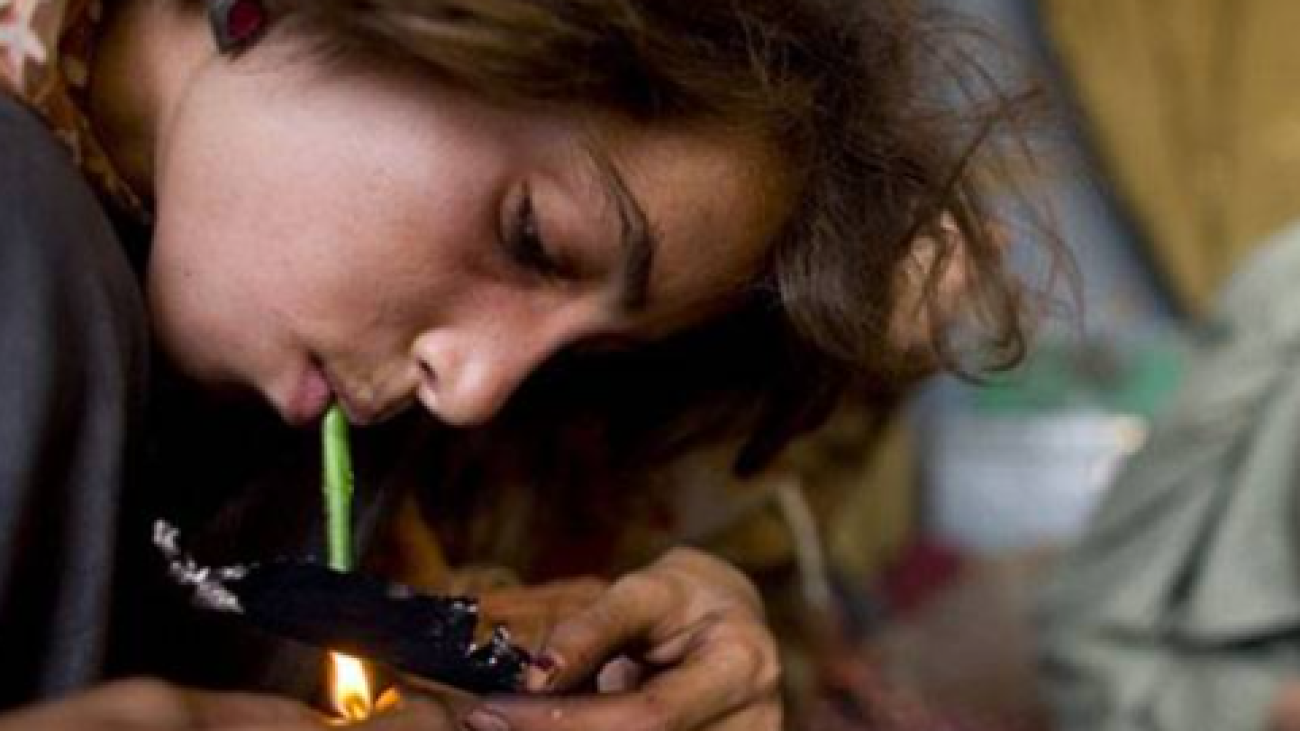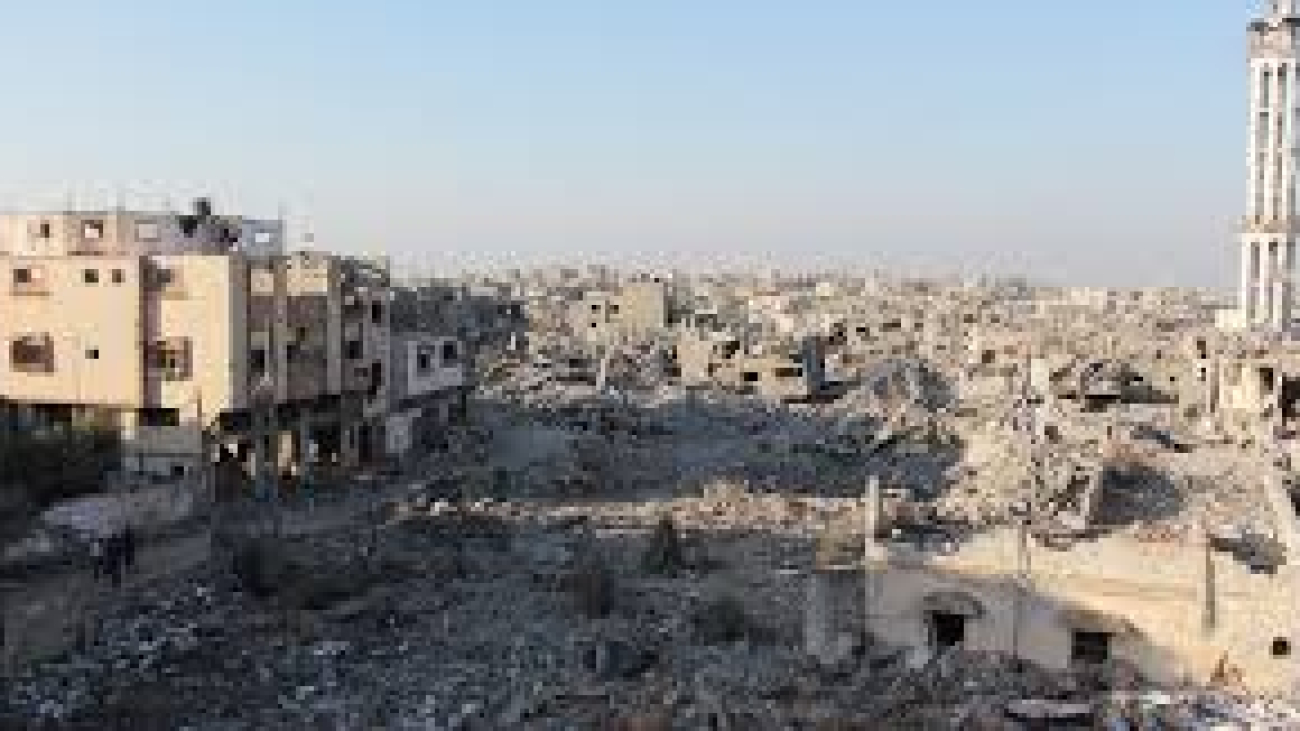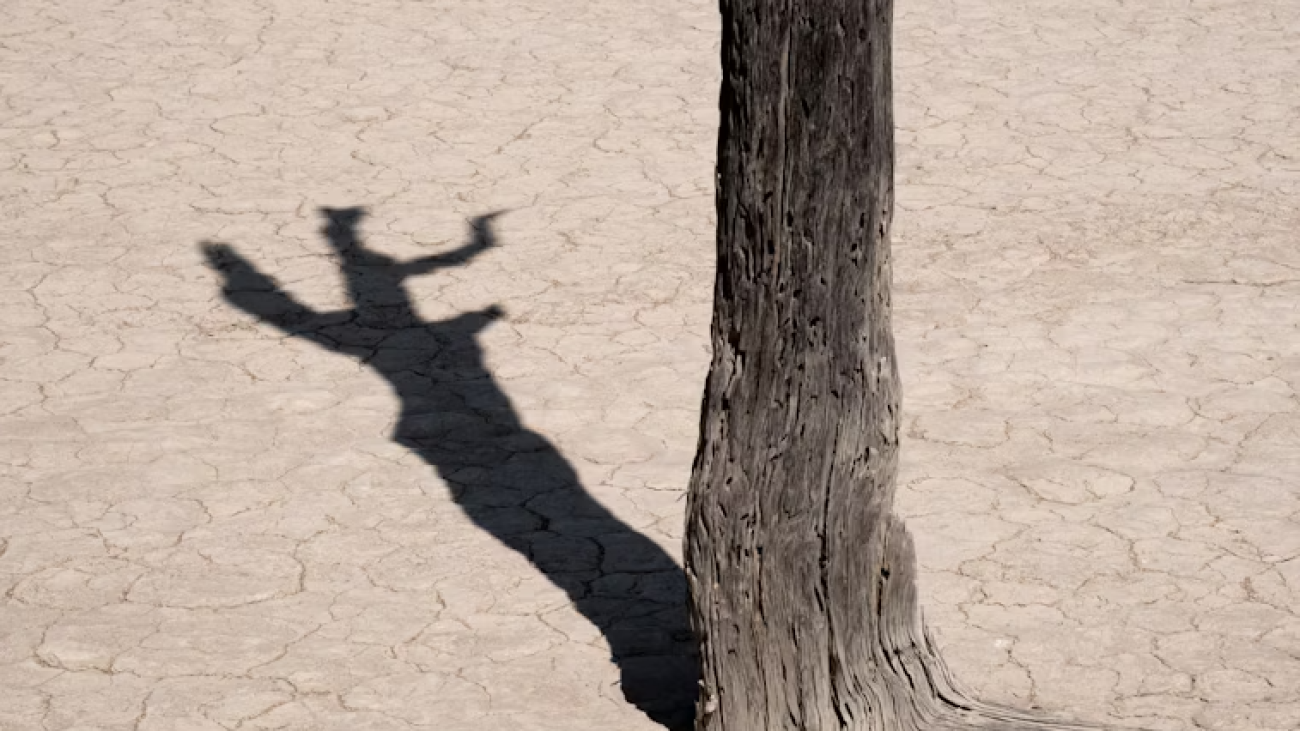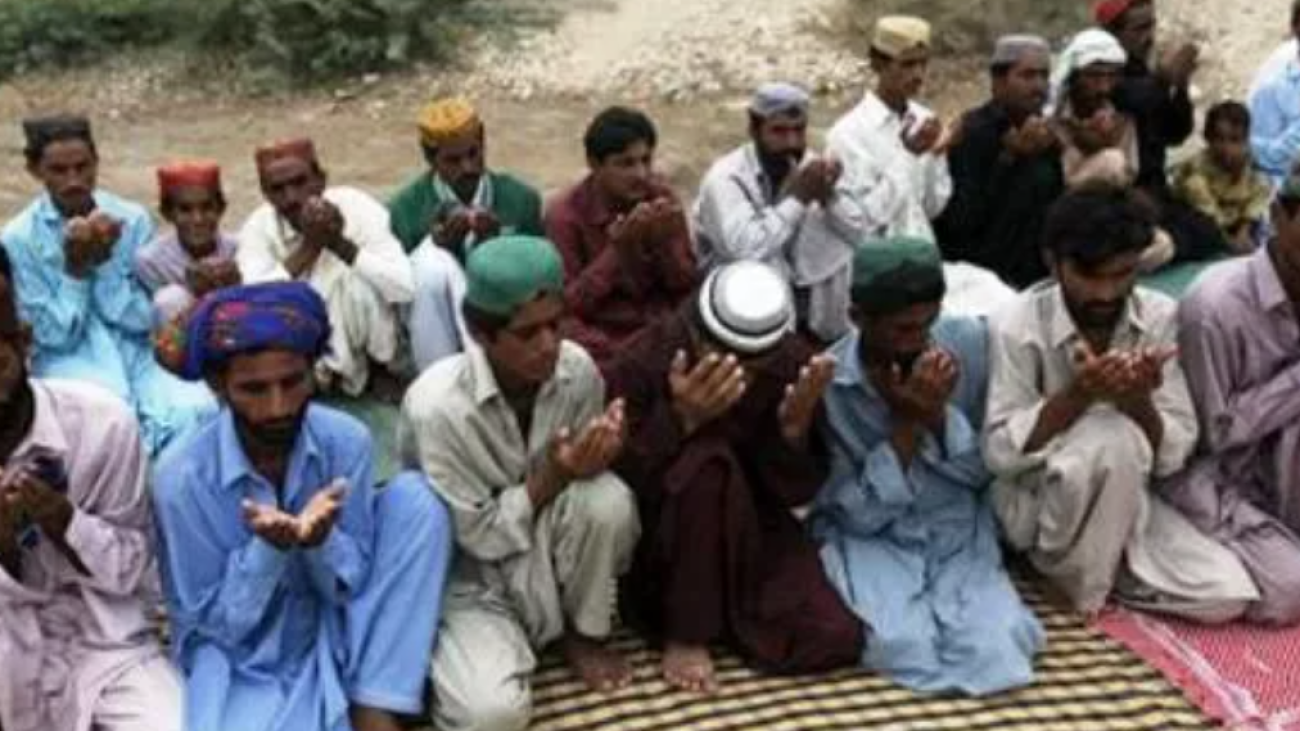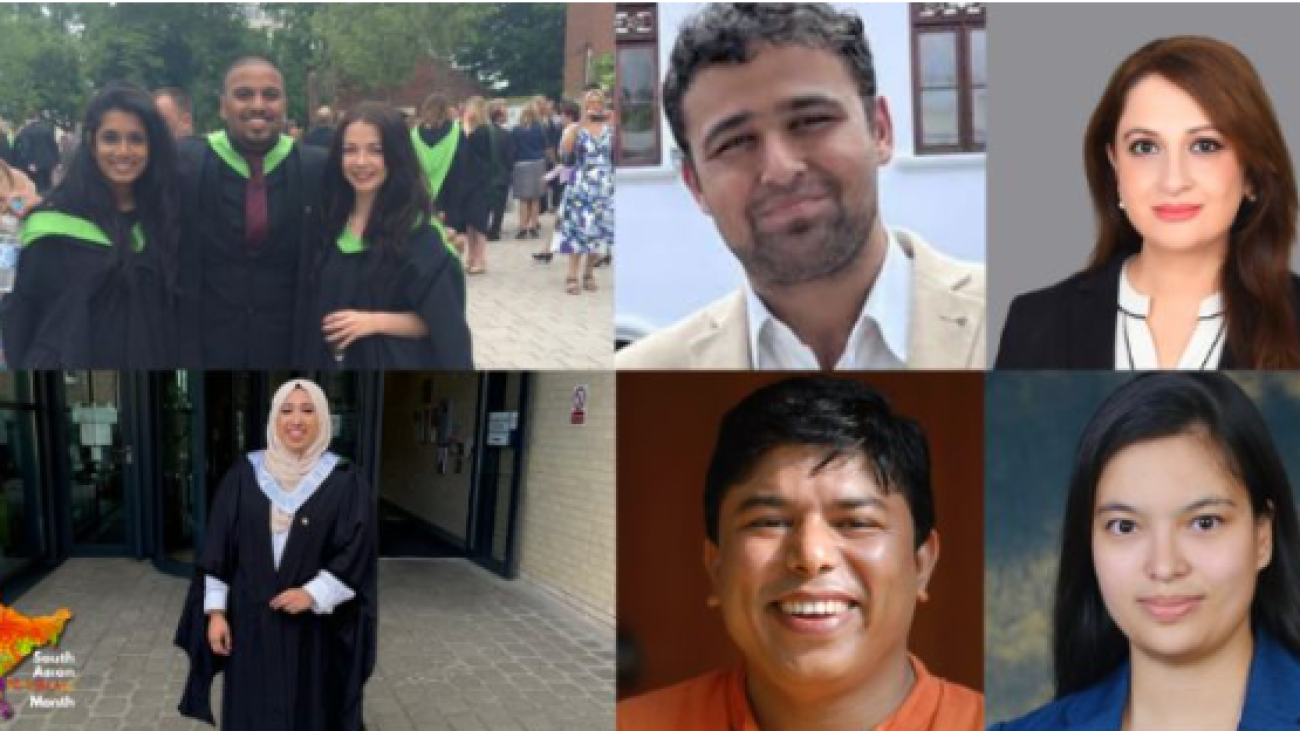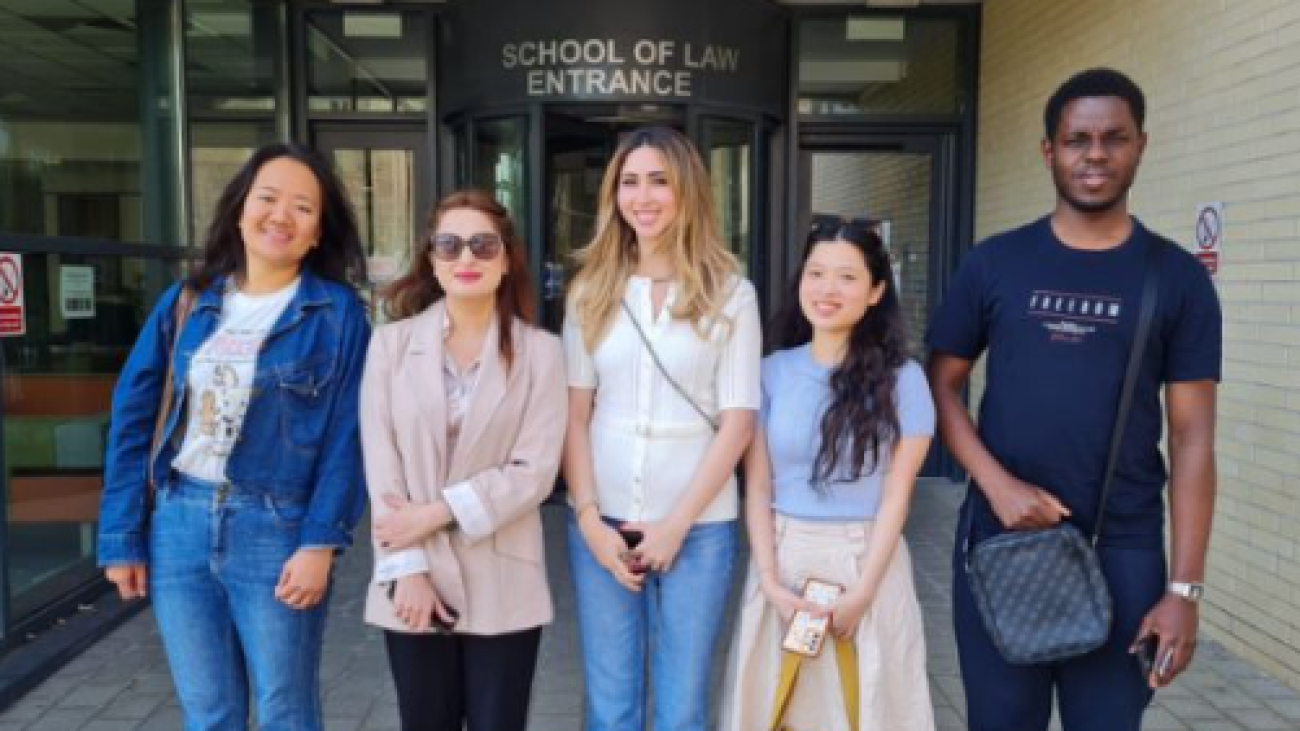Recognized as a trailblazing human rights advocate in South Asia
South Asian Heritage Month in the UK was co-founded in 2019 by Jasvir Singh CBE and Dr Binita Kane.
Jasvir Singh CBE and Dr Binita Kane’s mission was to use the heritage month to “deepen people’s understanding of the rich and diverse contributions of South Asian communities to British society.” First celebrated in 2020, it commemorates, marks, and celebrates South Asian cultures, histories, and communities. The dates of the month (18 July – 17 August) are designed to span several Independence Days across the region (Maldives, Bhutan, Pakistan, India). It also roughly coincides with Saravan/Sawan, the primary monsoon month during which the region’s habitat undergoes renewal.
Our academic strategy for 2020 to 2030 ‘Universal Values, Global Change’, sets a blueprint for a values-driven university that embraces different cultures and perspectives to shape a better future for humanity. The School of Law is proud to have alumni that strengthen the vital link between South Asia and the UK, highlighting the significant contributions of South Asian countries on the international stage, and the tangible difference their people make in the world.
Read on to discover their profiles.
Leading boutique resorts in Sri Lanka
Roman De Silva (Law LLB, 2013) is currently the director of a group of boutique hotel resorts in Sri Lanka. Growing up as a third-culture kid, having spent a lot of his life in Dubai, Roman found his diverse background added a unique perspective to his studies at Leeds. This diversity was especially evident in his jurisprudence course, where he explored not just how laws are applied, but also the reasons behind them.
Looking back on his time at the School of Law, Roman remembers enjoying the vibrant atmosphere in the law college complex next to Hyde Park. One of his highlights of his time at Leeds was participating in events organized by the Student Union and the School, particularly during the winter months of the first semester.
Since leaving university, Roman has worked in the legal department of a prestigious international company in Sri Lanka, then moved to work in Iraq with companies in the oil and gas industry, leading tendering processes and legal agreements. Eventually, he returned home to Sri Lanka to join his family’s business and help revamp various ventures.
Reflecting on how the School of Law prepared Roman for the future, he explains:
Academically, it gave me a foothold to establish myself independently; mentally it allowed me to be resilient, to be argumentative and to not back down.Roman De Silva, School of Law alum
Roman’s advice to current students is to fully immerse themselves what the School of Law has to offer, from academia to networking opportunities. He also recognises the importance of embracing our cultural background but not letting it solely define who we are.
Championing human rights and storytelling
Ghanashyam Khadka (International and European Human Rights Law LLM, 2017) has carved out a notable career as a journalist, author, and human rights advocate. Currently serving as a Senior Sub-Editor at Kantipur Daily, Ghanashyam also leads the Human Rights Journalists Association (HURJA) in Nepal, where he champions training for journalists on human rights issues.
Reflecting on his time at Leeds, Ghanashyam recalls engaging in rich discussions and debates with peers from diverse backgrounds, which expanded his understanding of global legal systems. His Nepali heritage brought a unique perspective to his studies, especially in addressing South Asian human rights issues like caste discrimination, gender inequality, and political freedoms.
Since graduating, Ghanashyam has embarked on a multifaceted career. In his role as a journalist, Ghanashyam utilises his legal expertise to analyse national and international legal matters. As a writer, he has authored several works, including the novel Nirvana, which reflects his deep commitment to social issues in Nepal.
Reflecting on the connection between the UK and South Asia, Ghanashyam experiences highlight the rich interplay of cultures and histories. During his time in the UK, he explored historic sites ranging from London’s ancient streets to Scotland’s scenic landscapes. These visits broadened his understanding of diverse cultures and deepened his appreciation for historical contexts.
In addition to his travels, Ghanashyam connected with the Gorkha community across the UK, documenting their stories of resilience and adaptation for Kantipur Daily. This work was pivotal in bridging cultural gaps and sharing the community’s experiences with a wider audience.
Simultaneously, Ghanashyam’s debut novel, Nirvana, received significant support from the Nepali Diaspora in the UK. Through organized workshops and book launches, he engaged with readers on themes like spiritualism, philosophy, science, and psychology. These events not only promoted his work but also enriched his journey as an author, inspiring him to continue exploring themes that resonate deeply with diverse audiences.
Ghanashyam advises current law students to embrace all the opportunities offered by the School of Law, including engaging with professors and peers, as well as seeking out internships or volunteer experiences. To students from a similar cultural background, he says:
Leverage your unique perspectives and experiences to enrich your studies and contribute to the broader academic community. Remember, your cultural heritage is a strength that can provide valuable insights into global legal issues.Ghanashyam Khadka, School of Law alum
Bridging cultures and advocating for human rights in academia
Abhinav Mehrotra, (International Human Rights Law LLM, 2019), currently serves as an Assistant Professor and Assistant Director at O.P. Jindal Global University in India.
Reflecting on his academic journey, Abhinav notes how his Indian cultural background played a significant role in his studies. It allowed him to compare the cultural and legal landscapes of India and the UK, enriching his understanding of international human rights law. This comparative perspective was instrumental in his academic growth, providing him with a unique lens to view global legal issues.
Since graduating, Abhinav has embarked on a successful academic career. He has taught courses such as Public International Law and Human Rights Law and Theory and his research has garnered significant attention, with publications in renowned journals such as the Comparative Law Review, India Quarterly, and the prestigious Australian Year Book of International Law. Additionally, he contributed a book chapter on the European mechanisms for human rights and their applicability to South Asia published by Springer.
Abhinav’s advice to current law students is to be patient and honest in their studies and to learn through experience. He encourages students to use the support available at the School to improve and succeed.
Exploring decolonial feminism in Maldivian legal contexts
Afsha Jameel (Law in Social Justice LLM), is an alumna and current PhD candidate at the University of Leeds’ School of Law, building on her earlier academic journey as a postgraduate taught student.
Reflecting on her experience at the School of Law, Afsha enjoyed her postgraduate programme despite the challenges of the COVID-19 pandemic. Particularly, she speaks highly of the insightful and supportive professors at the School of Law who played a crucial role in shaping her PhD proposal.
Afsha’s current research project aims to spotlight the unique cultural and societal aspects of the Maldives, a nation often reduced to a mere tourist destination. As a student, she recalls encountering a general lack of awareness about the indigenous community and even the geographical location of the Maldives. This realisation fuelled her determination to represent Maldivian perspectives within Western academia, moving away from Western-centric viewpoints in favour of centring Maldivian voices.
Implementing a decolonial feminist theory, Afsha’s research delves into the impact of legal pluralities in the Maldives, particularly in cases of domestic abuse against women. Through her research, Afsha hopes to highlight the significance of decolonial scholarship in academia.
Advocating for a more inclusive and representative academic environment, Afsha says:
I believe that research from students based on their heritage is a key aspect in promoting decolonial work and is one that should be encouraged throughout the School.Afsha Jameel, School of Law alumna
From Leeds to legal practice in Nepal
Lazzu Shrestha (Law and Finance MSc, 2022) joined the University of Leeds’ School of Law in 2021 to specialize in corporate law and finance. From the moment of enrolment to graduation day, her experience was truly remarkable. She says:
I had never enjoyed studying as much as I did at Leeds, thanks to the full access to the resources I needed. The School of Law has an abundance of study materials, both in the form of a physical library and a comprehensive e-library. Writing assignments and conducting research were made convenient by this extensive access.Lazzu Shrestha, School of Law alumna
The modern infrastructure and responsive professors further facilitated Lazzu’s academic growth, creating an excellent environment for studying.
Networking also played a significant role in Lazzu’s time at Leeds. She formed lasting friendships with peers from diverse countries such as China, India, Indonesia, Japan, Macau, Nigeria, Saudi Arabia, and the UK. These connections enriched her understanding of international legal matters and continue to provide a platform for exchanging ideas and discussing regional legal issues to this day.
Lazzu’s Nepalese heritage significantly influenced her studies. Sharing her cultural background both in and outside of the classroom, added a unique perspective to discussions and fostered a deeper sense of appreciation amongst her friends. This cultural exchange was a rewarding experience that extended beyond Leeds, as Lazzu welcomed some of the friends she met at Leeds in her home country.
Since graduating, the knowledge and skills Lazzu acquired at Leeds have been invaluable in her legal career in Nepal, where she is now an Associate at leading law firm Pioneer Law Associates. The cross-jurisdictional understanding and resources from her studies continue to play a crucial role in her practice.
A particularly impactful experience was working as a research assistant to Assistant Professor Dr Alvaro Pereira. Reflecting on this experience, she says: “This opportunity allowed me to hone my research and writing skills, which have been essential in my career.” This led to the publication of approximately eight journal articles, highlighting the research and analytical capabilities she developed during her time at Leeds.
Additionally, the multidisciplinary education at the School of Law equipped Lazzu with a holistic understanding of the legal, financial, and business aspects of corporate law. The inclusion of accounting principles in the corporate finance curriculum has been particularly beneficial, providing a solid foundation for her role as a corporate lawyer.
To current law students, Lazzu offers the following advice: actively interact with professors and classmates to build strong relationships that will be beneficial both during and after law school; participate in networking events, join law societies, and engage in extracurricular activities to expand professional connections; make use of available study materials; and engage in research activities to improve academic performance and prepare for practical applications in your profession.
From Bangladesh to Leeds and beyond
Md. Abdur Razzak (LLM International Human Rights Law, 2019) is a PhD candidate at the University of New South Wales (UNSW) Sydney and an Assistant Professor of Law at Jagannath University in Dhaka.
Razzak fondly recalls his days at the School, particularly the enriching interactions with friends and academics from diverse cultural backgrounds. These connections broadened his understanding of Western academia and offered valuable insights into various cultural perspectives. A highlight was his participation in the postgraduate students’ conference organized by the Law School, which provided him with the opportunity to gain experience in organizing academic events and networking with scholars across the UK.
Razzak’s cultural background played a significant role in his studies at Leeds. As a Bangladeshi, he found the UK’s influence on Bangladesh’s legal system advantageous in navigating the law school curriculum. The familiarity with British legal traditions helped him adapt to the teaching methodologies and university culture. Despite the initial challenge of finding South Asian food options, Razzak embraced the experience and discovered his cooking skills, adapting to life in a multicultural city like Leeds.
Since graduating, Razzak’s career has advanced significantly. Upon returning to Bangladesh, he was appointed Assistant Professor of Law at Jagannath University, where he had previously taught as a Lecturer. He applied the knowledge and experiences gained from Leeds to his teaching and continued to expand his academic work internationally. Currently, he is pursuing a full-time PhD at UNSW Sydney, aiming to complete his degree by 2027 and return to Bangladesh to further contribute to Jagannath University.
The School prepared Razzak for his career by emphasizing critical thinking and interdisciplinary approaches to law. The courses he attended were designed to include both doctrinal and empirical insights, fostering a stimulating learning environment. The interactive teaching methodologies helped him hone his teaching skills, while the intellectually stimulating classroom environment allowed him to connect global issues with local contexts through a comparative lens. Participating in various events taught him the value of networking, which has been instrumental in advancing his academic career.
To current law students, Razzak offers two pieces of advice:
First, they should strive to utilise most of their time in the School, engaging in activities aligned with their career goal. Second, they must build networks with like-minded students and academics to create opportunities and avenues for future collaborations.Md. Abdur Razzak, School of Law alum
A trailblazing lawyer and human rights advocate in Pakistan
Sibah Farooq (LLB Law, 2001) is a remarkable lawyer from Pakistan, a country of 240 million people that has only 40,000 registered female lawyers and just two female judges in the Supreme Court who were recently appointed.
Sibah started her legal career in 2001, and by 2014, she had established one of the first women-led law firms in the country. Today, she is an active member of the Bar, heading three important committees, including the Committee on International Law and Training of Lawyers in Pakistan. Her firm serves clients worldwide, and she frequently consults with international organizations.
Sibah’s career journey has been marked by consistency, conviction, and resilience against societal barriers in a male-dominated profession. She has carved out a successful career as a lawyer and human rights advocate, continuing her education along the way. After leaving Leeds, she earned a Diploma Certificate in Enterprise and Investment Laws from the International Development Law Organization in Rome in 2006 and completed an MBA in 2007. In 2018, she took another career break to pursue an Advanced LLM from the Geneva Academy of International Humanitarian Law and Human Rights.
In the past decades, Sibah has undertaken extensive travels, built global legal networks, and embarked on multiple ventures while managing family responsibilities as a mother of two daughters and running a fully functional legal practice.
Reflecting on her time at Leeds, Sibah fondly recalls her time at the School when she was the only international student from Pakistan enrolled in the Law LLB degree programme. She says:
“The years spent at Leeds have shaped my life in so many ways, not only was it an enriching experience personally, it was also the best doorway into the legal profession with the guidance of world renowned law professors instilling in us a deep passion to pursue a legal career. When I think of the Leeds University, I can see myself sitting on the famous Parkinson steps with friends who became lifelong relationships, and each day spent being a student in Leeds brought a new experience and a memory that has stayed in my heart over the years.”Sibah Farooq, School of Law alumna
As a law student, Sibah enjoyed company law seminars and spent many hours studying in the Edward Boyle Library. She served as the Secretary of the Asian Students Society and maintained an active social life. Her time in the UK was a period of exploration, growth, and self-discovery, strengthening her resolve to pursue a legal career despite the challenges in a society that often marginalizes strong, independent women.
Since joining the profession in 2001, Sibah has witnessed a transformative shift with a growing recognition of women in law. She was deeply honoured to be featured in a nationally acclaimed exhibition titled, 100 Years of Women in Law in Pakistan, which celebrated the contributions of women in the legal field.
Concluding, Sibah says: “My journey and life story are sources of immense pride for me today, and they would not have unfolded as they did without that pivotal first step and the wise decision to attend the University of Leeds. It was there that the foundation of my career was beautifully shaped, setting me on a path to success and fulfillment.”
Leveraging cultural insights for legal research
Zahra Zaheer (MA by Research, 2023) is a recent graduate from the School of Law and a Module Assistant at the University of Salford, teaching across various modules including Family Law, Equity and Trust, and Tort Law. Born to British and Pakistani heritage, her cultural background has played a pivotal role in shaping her academic focus and career trajectory.
Zahra’s cultural heritage deeply influenced her research. Her master’s thesis focused on the Kamaitee system, an unregulated banking practice prevalent in South Asian communities.
Additionally, one of Zahra’s most memorable experiences from her time at the School was a cultural food day organized by postgraduate researchers. This event brought together researchers from diverse backgrounds to share dishes from their home countries, celebrating their rich cultural heritage and fostering a sense of community within the school.
Since her graduation, Zahra has not only excelled in her teaching role at the University of Salford but has also secured a place at the University of Leeds to begin her PhD in October 2024. Reflecting on her time at the School of Law, Zahra credits her academic success to the comprehensive preparation she received. The research skills honed during her master’s program, coupled with the support from her supervisors, laid a solid foundation for her upcoming PhD journey.
Zahra advises current law students to remain confident and recognize that feelings of being overwhelmed are common. She says:
At times it is easy to feel overwhelmed; however, irrespective of background, your peers will have similar thoughts and feelings to you. You are in the right place to develop and progress yourself on both a professional and personal level and surrounded by peers that want to see you succeed.Zahra Zahee, School of Law alumna
Original Article: Click to View

